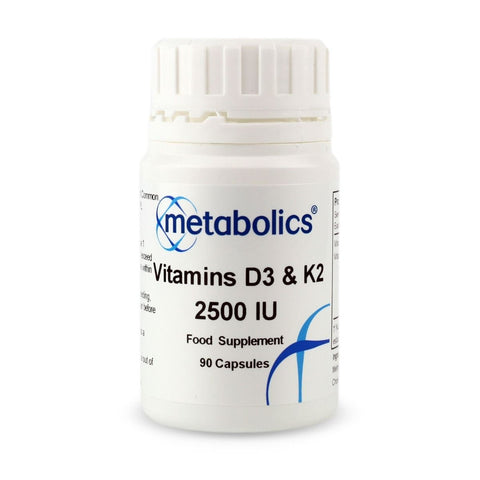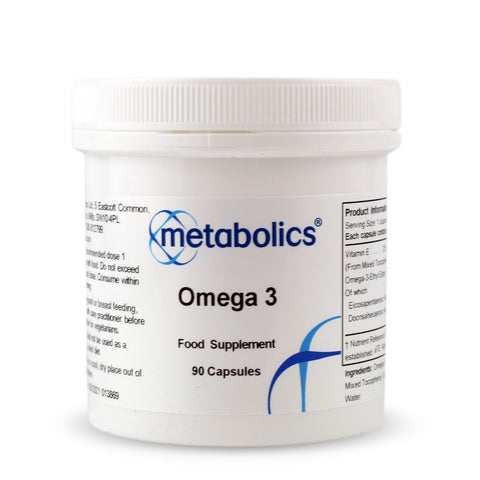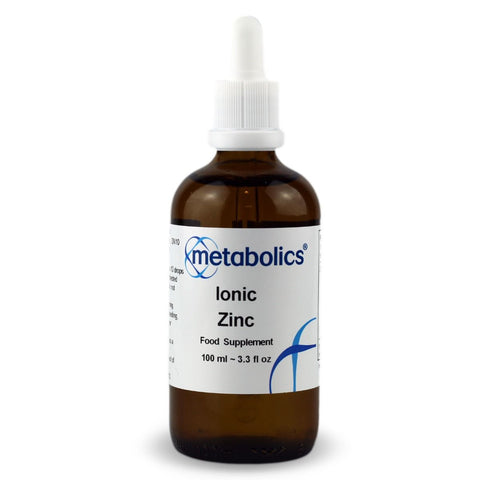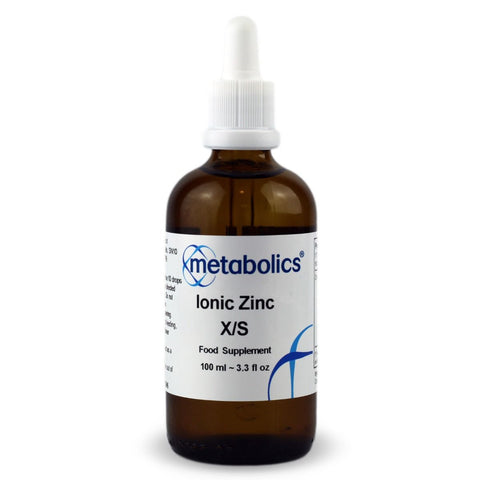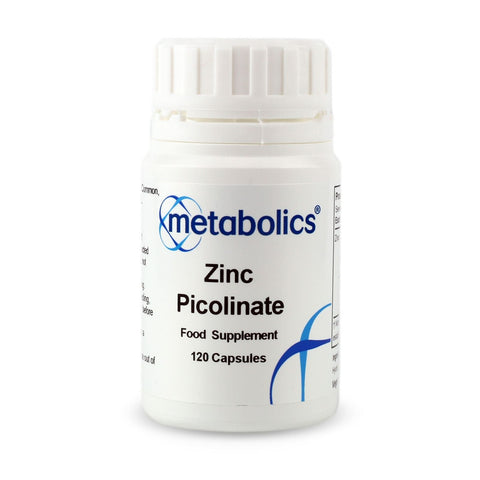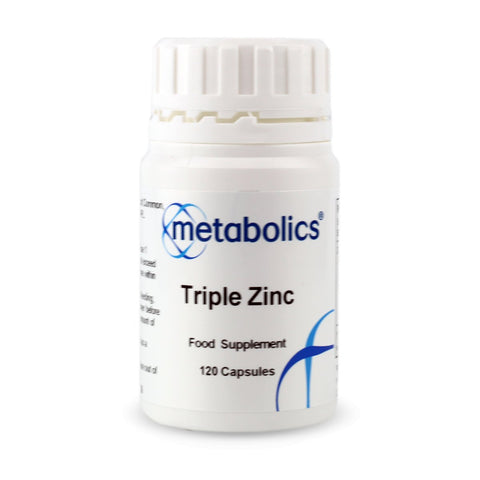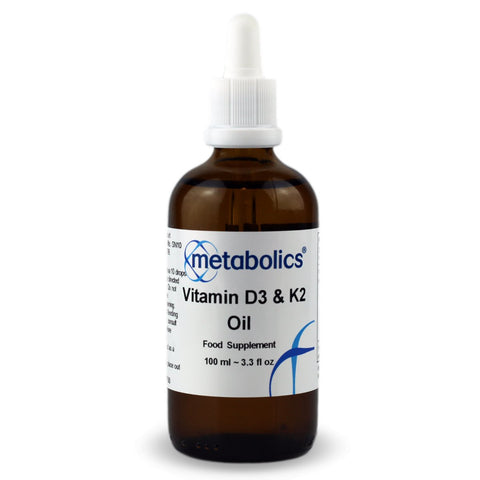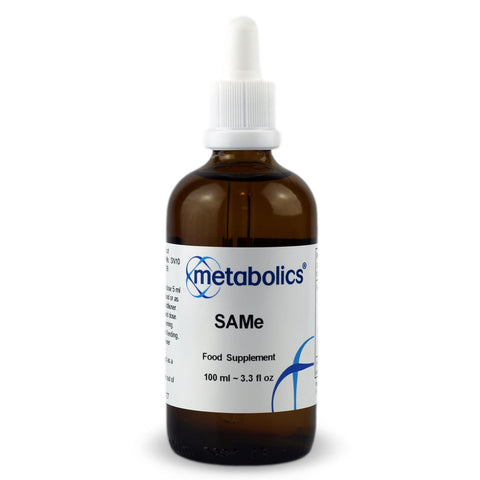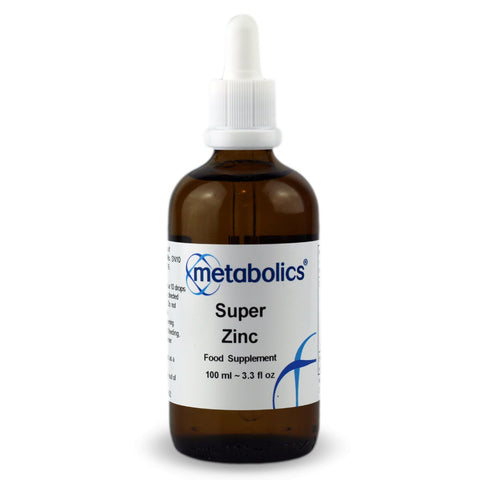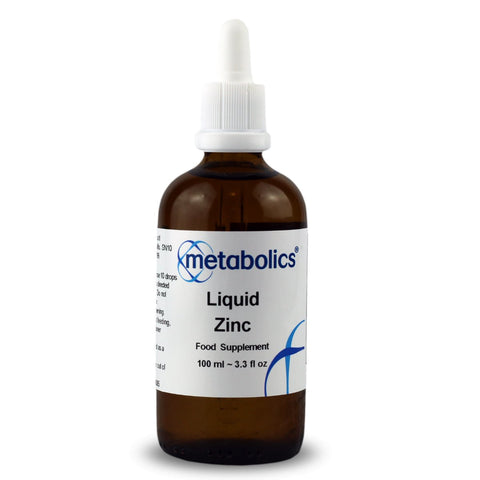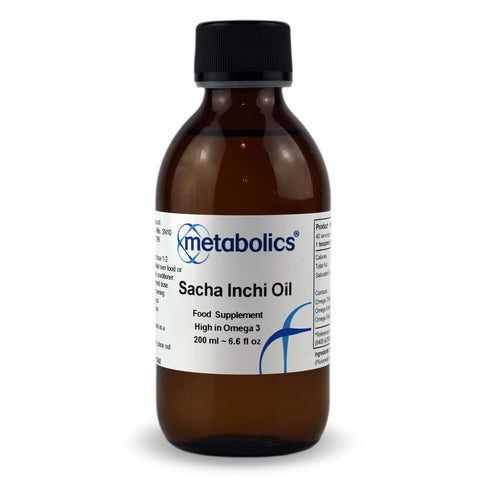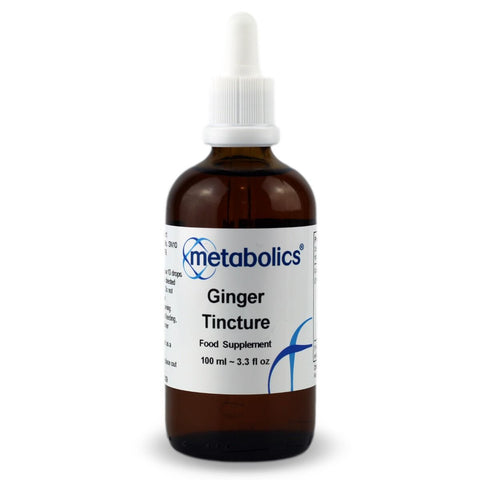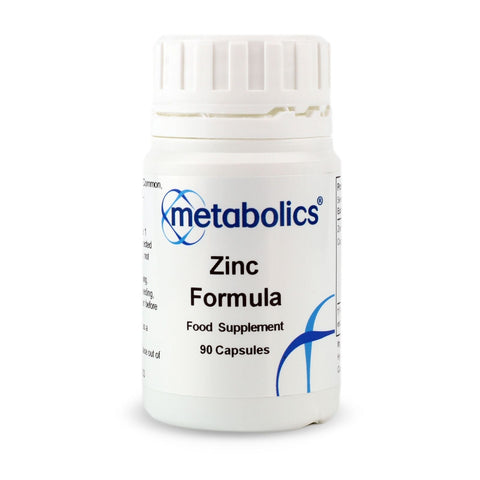What is inflammation?
Inflammation is the body’s biological response to harmful stimuli, such as damaged cells, irritants, or pathogens. It is the way the body signals the immune system to heal and repair damaged tissue and defend itself against foreign invaders. Signs of inflammation can be pain, heat, swelling, redness and loss of function.
What causes inflammation?
Inflammation can be caused by a wide range of things including trauma, illness or stress but it can also be caused by an unhealthy diet and lack of exercise. An inflammatory response can also occur when the body’s immune system goes into action even when there is no infection or injury to fight. On occasions like this, since there is nothing to heal, the immune system cells can actually target healthy tissues in organs and joints. One way to keep inflammation in check is to follow a healthy lifestyle with a diet that is rich in fruit and vegetables, foods containing omega-3 fatty acids and foods that are rich in antioxidants such as blueberries, grapes, garlic, ginger, turmeric and rosemary. The Mediterranean diet is considered a good example of an anti-inflammatory diet. Avoiding what are known as proinflammatory foods, which includes foods that contain inflammatory markers, such as processed meat, red meat, refined carbohydrates and excessive alcohol, can also help reduce inflammation in your body. Further to this, regular exercise is an excellent way to help prevent inflammation.
What is the difference between acute and chronic inflammation?
Acute inflammation often comes on very suddenly and is a short-term reaction, frequently caused by bacterial pathogens or injured tissues, such as a splinter. Chronic inflammation, on the other hand, can be far more severe and can go on for many months or even years. It can be caused by non-degradable pathogens, viral infection, persistent foreign bodies or autoimmune reactions.
How do you reduce inflammation?
If you have a condition that causes inflammation, you should always consult your healthcare practitioner for advice. Whilst medication and other treatments can be important, adopting a healthy lifestyle and diet may help too. There are foods that can support the body’s defence against inflammation. Nutritional studies show that food supplements such as alpha-lipoic acid, ginger, spirulina, and fish oils, such as krill oil, can all support the body in its response to inflammation in supporting the immune system, providing antioxidant effects and reducing blood levels of anti-inflammatory markers, including IL-6 and ICAM-1. The Metabolics range of anti-inflammatory supplements is designed to give a wide breadth of options to individuals looking to support their body’s natural defences through nutrition. Each product is formulated based on over 25 years’ experience, with many products only containing the active ingredient and the capsule itself, without any fillers or binders interfering with the formulation.
28 products
